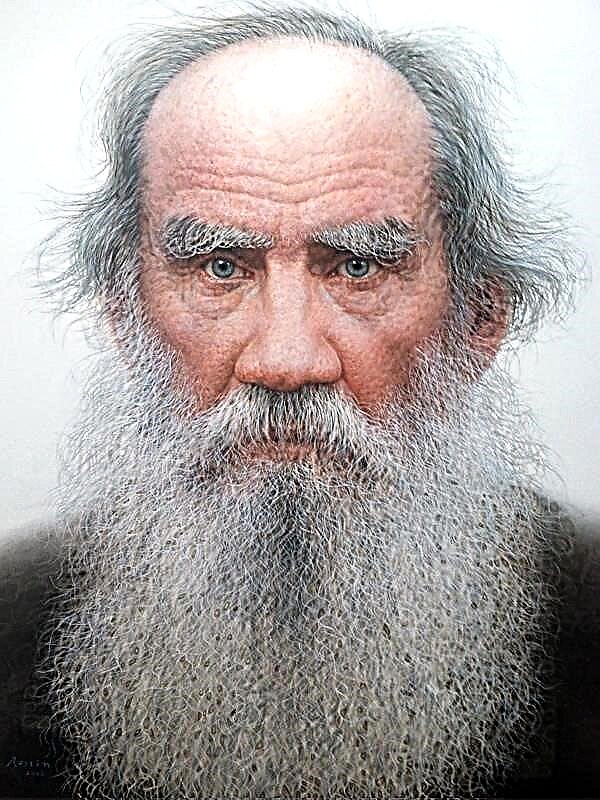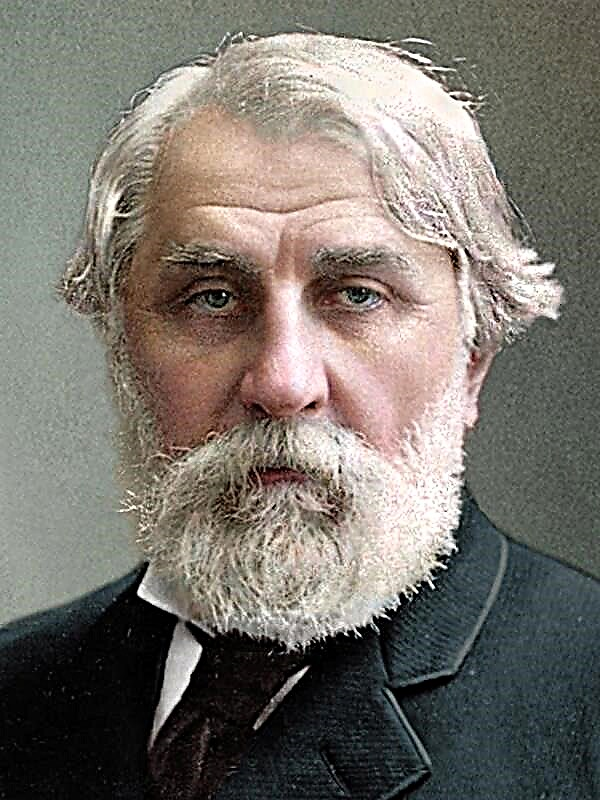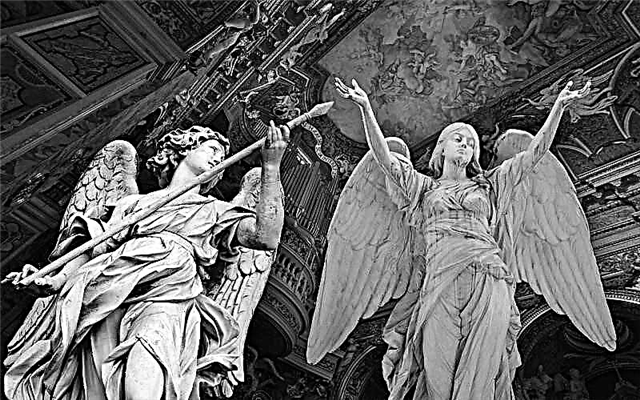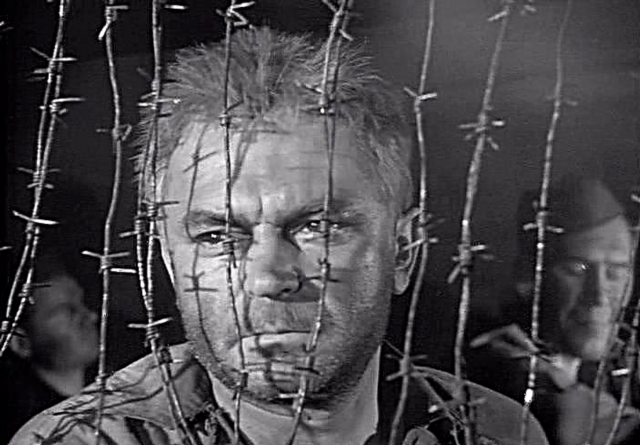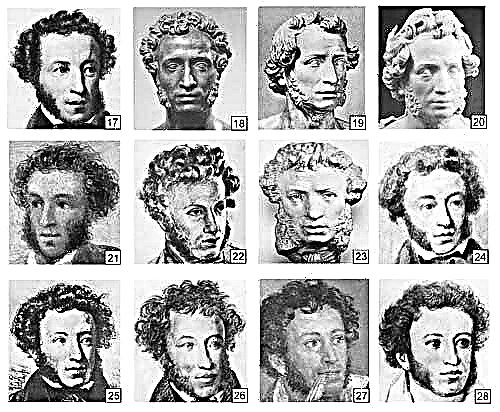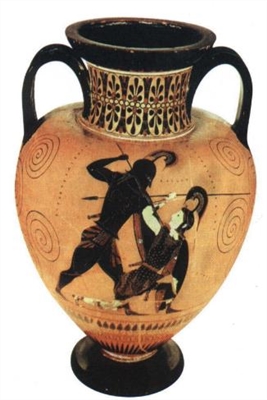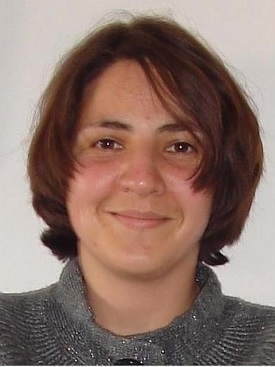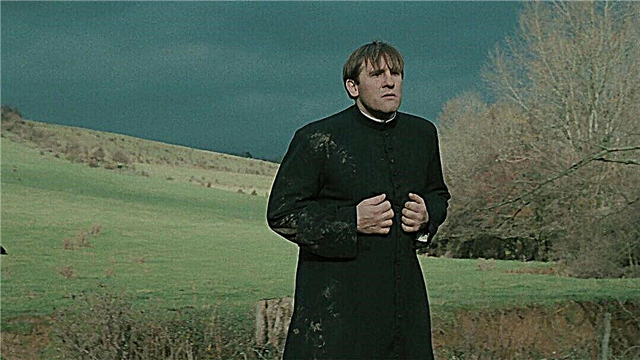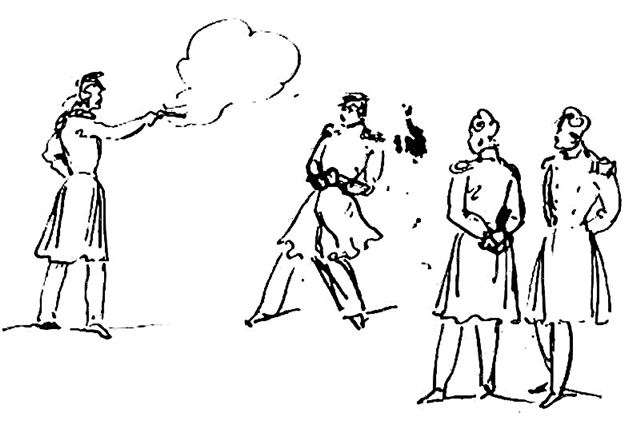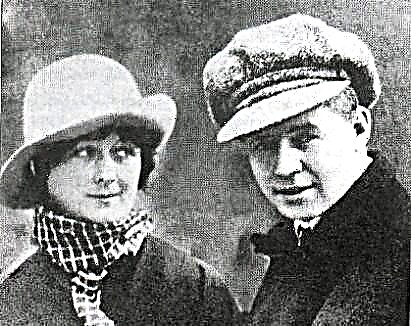The beginning of January. In the sanatorium "Einfrid", where they are mainly treated for consumptive, a businessman, Kleterian, comes with his wife Gabriela, who is sick with something pulmonary. Husband thinks problems with respiratory throat. The wife is young and charming, everyone in the sanatorium admires her appearance. The husband tells everyone how she bore him a son, but she fell ill and started coughing up blood. Cleterian is sure that there is nothing wrong with this, and his wife will recover soon. The husband is a typical burgher, rich, plump, loves to eat, flirts with the maids. Gabriela loves him. Two weeks later, the husband leaves for a healthy child and his flourishing company.
In the sanatorium lives an ugly and unsociable writer from Lviv Detlef Spinel. He reads his only book, the doctors do not consider him a serious writer. Spinel gets acquainted with the Kleterian family. When the husband leaves, the writer, in spite of his isolation, becomes a friend to his wife. He tells Gabriele that he lives here for the building of a sanatorium - a former castle built in the Empire style - and a picturesque area. The writer gets up early, takes a cold bath, walks in the snow, considering all this as hypocrisy on his part. He loves to sleep for a long time, leads an disordered lifestyle, and early walks are a way to calm his conscience.
Spinel confesses to Gabriele that she only glances at women. A light image is enough for him to be happy.Persons examined in detail avert and lose their charm. Only her face is perfectly close to him and in all his movements. Spinel carefully hints to Gabriele about the insignificance of her husband and asks for permission to call her her maiden name - Eckhof.
She tells him about herself. Her father is a burgher, a merchant and an incomparable violinist, her mother died young. Gabriela is happy with Mr. Cleterian and loves her son. Spinel expresses quiet skepticism about her happiness. She begins to think, to compare her husband and writer, and she becomes worse.
The doctor arranges sledding. Gabriela and Spinel remain in the sanatorium, sit in an empty living room and talk. Gabriela says that she used to play the piano well, but now she has been forbidden to play - the strong emotions that music evokes are harmful to her. He still persuades her to play. At first, she agrees to one play by Chopin, but then she plays all the notes that are in the living room. The nurse goes to her room, the heroes are alone. Gabriela plays, both experience ecstasy, ecstasy and comprehend love. The lights go out. She plays "Tristan and Isolde" by Wagner, he is crying. They both understand that they love each other and are aware of the eternal tragedy of their lives.
The next day, Gabriele is getting worse. Soon her hemoptysis begins again, and the woman is transferred under supervision to the doctor in charge of the hopeless patients. They summon Mr. Cleterian and his son. Spinel sends Mr. Cleterian a letter describing how beautiful Gabriela is.The writer accuses her husband of vulgarity, that he did not understand his wife, did not understand her life. Gabriela's soul did not belong to life, but to beauty and death, and Cleterian could only crave her. The writer calls him a dork with taste, a plebeian gourmet. Cleterianus made the blooming beauty of Gabriela's death serve dullness and inertness. While Cleterian had fun with the maids, Spinel had to give his wife beauty. Spinel despises blooming life, hates Cleterian.
Kleterian receives a letter and comes to the writer’s room. He calls him a pea jester with a bad handwriting, a coward. Spinel smiled every day and dined with Cleterinan, and then sent this daub. Cleterian is proud to look directly at women, not squint, and is capable of normal, earthly love. He threatens to sue the writer. During this explanation, the nanny comes and says that Gabriela is dying. Kleterian hurries to his wife, and Spinel goes for a walk and meets the nurse with Gabriela's son in a stroller. The boy bangs a rattle and squeals with joy. Spinel freezes, looks at the child, wants to calmly pass by, but turns and leaves as quickly as if he had gone out of doors.


